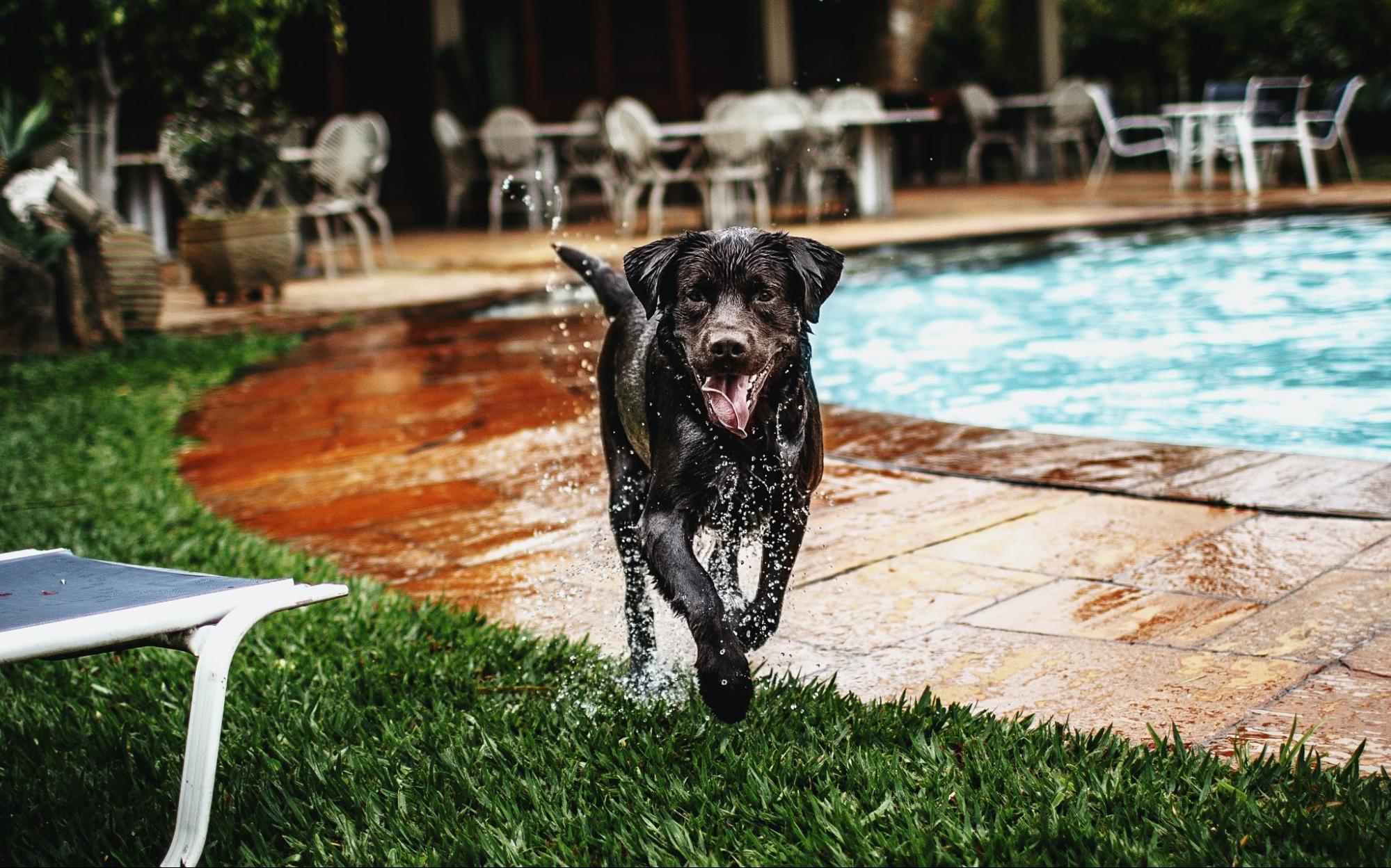How to Stop Dog From Scavenging at Home
Are you tired of coming home to find your Labrador scavenging through the trash? It can be frustrating and even dangerous for your furry friend. Thankfully, there are effective ways to stop your dog from scavenging at home. In this article, I’ll share some tips and tricks that will help you put an end to this behaviour and create a safer environment for both you and your Labrador.
Firstly, it’s important to understand why dogs scavenge in the first place. Dogs have a natural instinct to search for food, and scavenging is their way of satisfying this instinct. However, it can become problematic when they start raiding the garbage or counter-surfing in search of snacks. To address this issue, you need to remove the temptation by securing all potential food sources. Make sure your trash cans have tight-fitting lids or keep them in a secure location where your dog can’t access them.
Next, provide your Labrador with plenty of mental and physical stimulation throughout the day. A bored dog is more likely to engage in undesirable behaviours such as scavenging. Take your dog for regular walks, play interactive games, and provide puzzle toys that require problem-solving skills. By keeping your Labrador mentally and physically engaged, they’ll be less inclined to seek out forbidden treats around the house.
Lastly, consistent training is key in stopping unwanted scavenging behaviour. Teach your Labrador basic commands like “leave it” or “drop it.” These commands will come in handy when they try to grab something they shouldn’t have. Reward good behaviour with treats or praise to reinforce positive habits.
With patience and persistence, you can train your Labrador to stop scavenging at home. Remember that every dog is unique, so what works for one may not work for another. If you’re struggling with this issue despite trying various methods, consider seeking guidance from a professional dog trainer who can tailor solutions specifically for you and your Labrador.

Understanding the Root Cause
When it comes to dealing with a dog’s scavenging behaviour at home, it’s important to first understand the root cause behind this unwanted behaviour. As a dog owner myself, I’ve encountered my fair share of challenges in managing my Labrador’s scavenging tendencies. In this section, I’ll delve into some key factors that can contribute to this behaviour and provide insights on how to address them effectively.
- Natural Instincts: Dogs have an inherent instinct to scavenge and explore their surroundings. This behaviour is rooted in their ancestral heritage as hunters and foragers. While we may not be able to completely eliminate this instinct, we can modify their behaviour through training and environmental management.
- Lack of Mental Stimulation: Dogs that are bored or lack mental stimulation may resort to scavenging as a way to occupy themselves. Providing ample opportunities for physical exercise and mental enrichment can help redirect their focus away from searching for food around the house.
- Improper Feeding Routine: Inconsistent feeding schedules or inadequate portion sizes can lead dogs to scavenge for additional food sources out of hunger or dissatisfaction. Establishing a regular feeding routine with appropriate portion control can help satisfy their nutritional needs and reduce the urge to scavenge.
- Access to Tempting Food Sources: Unsecured trash cans, accessible countertops, or unattended plates of food can be irresistible temptations for dogs prone to scavenging. Taking measures such as using secure trash bins, keeping countertops clear of food items, and preventing access to off-limits areas will greatly discourage their scavenging behaviours.
- Anxiety or Stress: Dogs may turn to scavenging as a coping mechanism when they experience anxiety or stress in their environment. Identifying potential triggers and implementing strategies like desensitisation training or providing safe spaces for relaxation can help alleviate these underlying issues.
Remember, addressing the root cause of your dog’s scavenging behaviour is crucial for long-term success. By understanding their instincts, providing mental stimulation, establishing a consistent feeding routine, managing tempting food sources, and addressing any underlying anxiety or stress, you can effectively curb their scavenging tendencies and create a more harmonious living environment for both you and your furry friend.
For more specific tips and techniques on how to stop your Labrador from scavenging at home, stay tuned for the upcoming sections in this article where I’ll be sharing practical advice based on my own experiences as a dog owner.